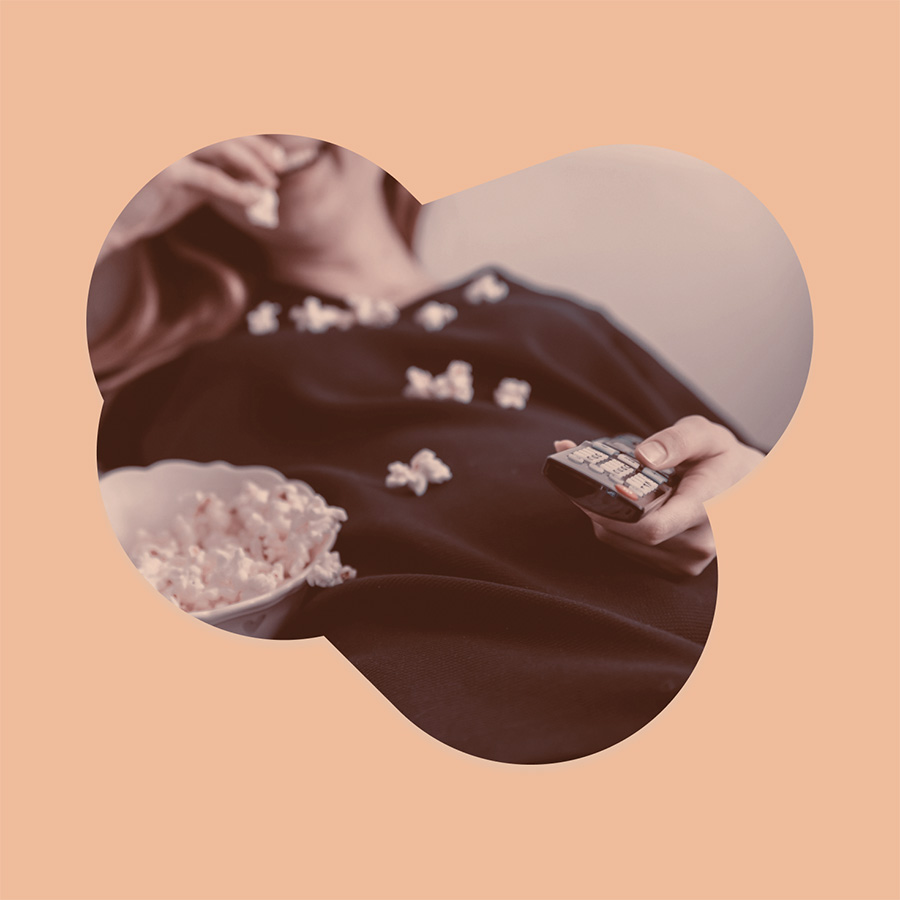Women
On TV, There’s No One Brand of Empowerment
Published
January 29, 2024
By
Tracey

Each time I go on Netflix, the algorithm recommends me shows from a highly specific genre: “Shows with Strong Female Leads”. The machines have figured out that I’ll watch almost anything, a legal procedural, a comic book adaptation, a comedy, or a historical drama, if it features complex women protagonists. Netflix created this whole new category to keep me watching their shows, and it works.
Of course, this might not represent a commitment to progressive values, only another profit-making strategy, as streaming platforms leverage on the growing currency of feminism to push content at viewers. At my most cynical, I question whether pop culture can ever be the staging ground for a reckoning with contemporary womanhood. Can the master’s tools dismantle the master’s house?
Even so, as an avid binge-watcher, I can’t deny the eye-opening, mind-changing power of television. At their most subversive, TV shows challenge my beliefs about what empowerment looks like. The scenes that really stay with me are those that touch a nerve. Here are a few that I keep returning to:
The Handmaid’s Tale, “Faithful”, Season 1, Episode 5
(Source: Hulu)
The Handmaid’s Tale is a novel I’ve grown up with. Part of the feminist canon, the story is set in a dystopian future, Gilead, where women are forced to bear children for the ruling class. Reading the text, I had rooted for Offred, the gutsy protagonist, who is forced to serve as a handmaid and rebels against the whole misogynistic system.
But in the TV adaptation, another character (played by a multiracial actress) points out that Offred had never felt outraged by an unjust system until she was robbed of her own comfort and freedoms. As a middle-class white woman, she never had an appetite for risk, had never resisted the patriarchal order, until it no longer benefited her. Was her rebellion based on solidarity or pure selfishness?
Watching the series, I started to think about why I identified with a character like Offred—not only because I admire her courage and her spirit of rebellion, but because she’s designed to be relatable for audiences like me. Like Offred, I’m economically secure enough to engage in middle-class forms of leisure; I do yoga classes and I have loyalty cards at my favourite stores. I felt called out, confronted with my own complicity in the structures I want to resist.
The Good Wife, “Long Way Home”, Season 3, Episode 17
(Source: CBS)
TV consistently upsets my assumptions about the kinds of choices an empowered woman should be making for herself.
In The Good Wife, a legal drama, professional success is a source of pride among older female lawyers. In one episode, the main character, Alicia learns that the promising young lawyer she is mentoring, Caitlin, wants to resign to focus on marriage and motherhood. Aligning myself with the older lawyers, I too judged Caitlin as unfeminist, for acting on conservative impulses and wasting her potential. That’s hardly what the older generation broke the glass ceiling for!
But I also found Caitlin’s argument provocative. Perhaps we only know true liberation when we can make choices based on what we desire for ourselves, without having to constantly prove ourselves equal to men. Perhaps the whole point of a centuries-long, inter-generational struggle is so that younger women might finally feel free enough to tease out what they want from the matrix of what society tells them to want.
Bojack Horseman, “Brrap Brrap Pew Pew”, Season 3, Episode 6
(Source: Netflix)
What does it mean to empathise with another woman, even if I don’t immediately agree with her politics or methods, if she seems too conservative or too radical by my standards? As a viewer, I find myself inhabiting the world through different perspectives, and at times, sympathising with a position I might at first find objectionable.
In an episode of the animated series Bojack Horseman, a character called Sextina Aquafina releases an explicit, irreverent pro-choice song that celebrates getting an abortion. Like another character, Diane, I was initially aghast. I believed that abortion was a sensitive, politically fraught topic, which had to be treated with gravity. The song’s outrageous lyrics seemed to make light of what could be a traumatic experience for women, and to take for granted women’s hard-won reproductive rights, which could be rolled back all too easily.
But at the end, a young woman at an abortion clinic tells Diane that the song’s helps her shed some of the shame around her decision. Thinking over this encounter, I get that I don’t have to like the lyrics myself, or find them personally empowering, to appreciate that such bold messaging could offer consolation to someone else and make a difficult process more bearable for her.
TV is a powerful medium. Following characters over seasons and years, TV can reflect the prism of intersectionality as it is experienced, showing how gender, sexuality, race, class and ability shape individual lives in subtle and explicit ways. It can interrogate our part in all of this, asking us if we’re checking our own privilege, or our instinct to police other women.
A thoughtful show makes me conscious of whether I can find solidarity with a woman whose vision of personal agency might be very different from mine. Sometimes, the bounds of my empathy are tested and stretched.
Of course, the media industry remains wildly unequal. Minority actresses are still paid poverty wages by Netflix, and the creators of beloved shows continue to be exposed for their misogyny behind the scenes. My favorite shows are inevitably limited in their exploration of important issues; The Handmaid’s Tale adaptation never addressed racism properly and Bojack Horseman didn’t go far enough in its critique of abusive male behaviour.
But whether we feel frustrated, perplexed, or betrayed by our favourite series, the discussion never ends with the finale. It continues in comment threads, Reddit forums, fan videos—and in real life. TV is only a teaser, a rehearsal, for the kind of honest discourse we’re clamouring to have off-screen. Those conversations await us, whenever we’re ready.

